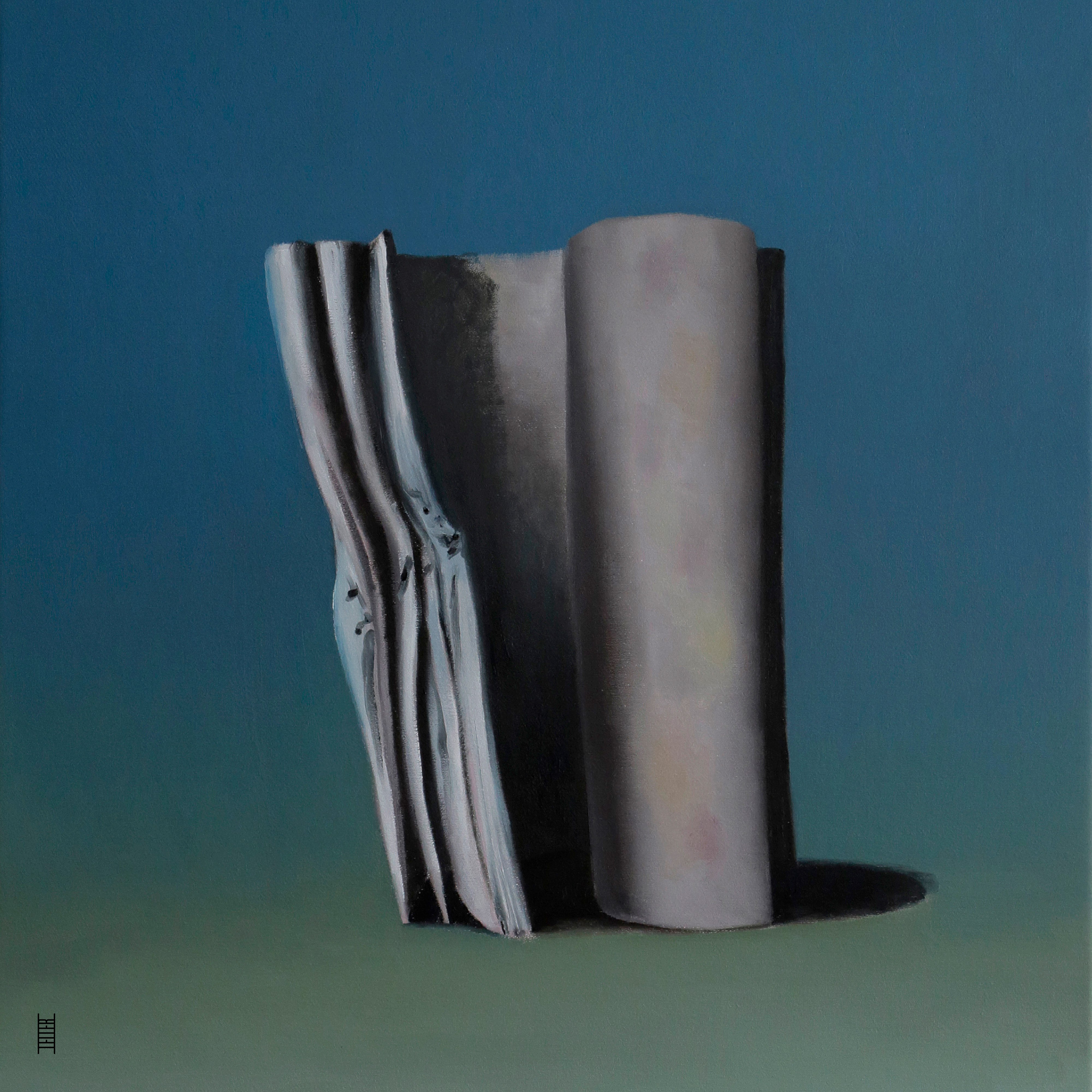-
LTR031The CaretakerEverywhere at the end of time2023

First conceived in 1999, The Caretaker is Manchester-born Leyland James Kirby’s longest-running, best-known project, with almost a dozen, frequently lengthy albums to its name. Kirby – an exceptional, innovative ambient musician who, under different aliases, has constantly redefined himself in multiple ways – uses treated, manipulated and otherwise degrading samples of 1920s and 1930s ballroom recordings to explore ideas of memory and its gradual deterioration, as well as the confusing and, on occasion, conflicting senses of nostalgia and melancholia which can accompany this. Previously released on vinyl and CD via Kirby’s ‘History Always Favours The Winners’ label, The Caretaker’s works have received critical acclaim worldwide but until now his catalogue has been wholly unavailable on streaming platforms. LEITER puts this right, starting with his most recent masterpiece, the six-part ‘Everywhere at the end of time’.
With iconic cover art by Kirby’s friend, painter Ivan Seal, this monumental achievement, like most of The Caretaker’s recordings, aims to improve our understanding of dementia, breaking it down into a series of stages. Initially inspired by a scene from Stanley Kubrick’s ‘The Shining’, the idea sprang from his intense curiosity about the subject – he’s previously described dementia as “this generation’s health challenge now as we extend the lifespan possibly beyond our design” – and he explores the disease’s effects with sensitivity and, sometimes, a sense of awe. Placing the listener in the role of someone whose mind is failing them, ‘Everywhere at the end of time’ interprets something unimaginable through a more easily intelligible methodology, the manipulation and decay of recorded sound.
‘Everywhere at the end of time’, however, ventures beyond its predecessors by drawing on earlier work created under The Caretaker moniker. “It’s not a representation of dementia or Alzheimer’s per se,” Kirby emphasises. “It’s in many ways a representation of The Caretaker himself suffering from typical symptoms associated with the disease. From Stage 3 onwards till the very end, older released works come into play, like older memories coming back in various disfigured ways. It’s a huge detail often missed by critics and writers, but when that’s understood it gives greater empathy and understanding to this most emotive of subjects.”
Asked whether he might be “aestheticizing” dementia, Kirby argues that he “respects” the subject too much to do so, and recognises instead that it acts as a form of portraiture. “This project is based around picking fragments. It’s like sitting in a chair and wandering down memory lane. The way the brain works is still one of the biggest mysteries. If you take, say, a typical Alzheimer’s patient, when that disease is very advanced, one of the last things you remember are melodies and song. I use that as an inspiration.”
Providing a haunting guide to the condition’s development, as well illustrating how people’s experience varies according to a range of factors, Kirby uses ‘Everywhere at the end of time’’s half dozen instalments as a metaphor for the progressive deterioration of the human mind as he charts a descent into the ravages of Alzheimer’s. Mastered by Andreas “Lupo” Lubich in Berlin, and originally released separately between September 2016 and March 2019, its six and a half hour running time lends it an additional, unique force. Blurring the boundary between music and sound art, Kirby turns ambient music, amorphous and indistinct, into a wrenching, emotional device, and the foggier it becomes, the richer it gets.